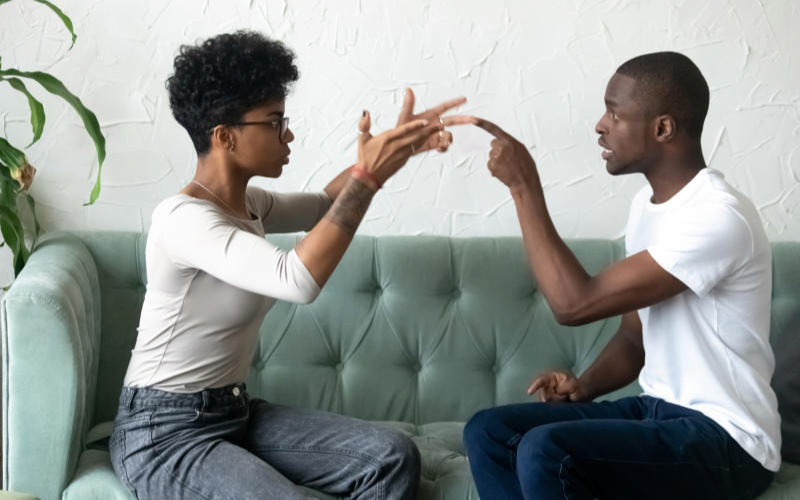
Opening up to people can be a double-edged sword especially when that person turns out to be unworthy of your trust.
Being vulnerable is essential for forming deep relationships whether you’re getting to know someone for the first time or building on an already established connection.
Yet sharing your innermost thoughts with the wrong confidant can lead to long-lasting emotional distress. When you trust someone who fails to honor that trust, the consequences can extend far beyond immediate hurt to the point of even affecting your future interactions and your overall willingness to be open.
According to research carried out by the American Psychological Association, trust is fundamental to emotional and mental well-being. A breach of trust has been found to trigger significant anxiety, stress and a pervasive sense of betrayal.
The experience of confiding in someone who later proves unreliable often results in self-doubt and diminished confidence in your own judgment.
These emotional repercussions can lead you to withdraw or even worse, overcompensate by oversharing in subsequent relationships thus perpetuating a cycle of vulnerability and regret.
Keep Reading
- How to handle parenting in a changing world
- Parenting tips as a single father
- Dangers of having a favourite child
- Don't let confusing parenting advice scare you
When you realise that you have shared too much with the wrong person - which happens even to the most cautious of us, it’s imperative to embark on a process of self-reflection.
Understand that vulnerability itself is not a flaw but rather the error lies in misjudging the person you entrusted with your personal feelings. Begin by taking a step back and examining the situation with an objective lens.
You can incorporate reflective practices such as journaling which can help you gain insight into why you chose to open up and what warning signs you may have overlooked. This period of introspection is crucial for learning from the experience without resorting to self-blame.
And the good news is, you can overcome this emotional setback by reestablishing firm personal boundaries and seeking support from reliable sources. Instead of confronting the person who let you down, seek professional assistance from a therapist.
This can be invaluable because it will provide you with strategies to rebuild your emotional resilience and redefine your criteria for trust. If you dare, you can lean on a small circle of trusted friends or family members who have consistently shown empathy and discretion.
This will help in restoring your sense of security. Over time, this recalibration of your approach to vulnerability can help you form healthier, more balanced relationships.
It is important to acknowledge that every experience, even painful ones, offers an opportunity for growth. The mistake of confiding in the wrong person does not mean that you must close yourself off to meaningful connections.
Instead, let it serve as a lesson in the careful selection of those with whom you share your personal journey.





